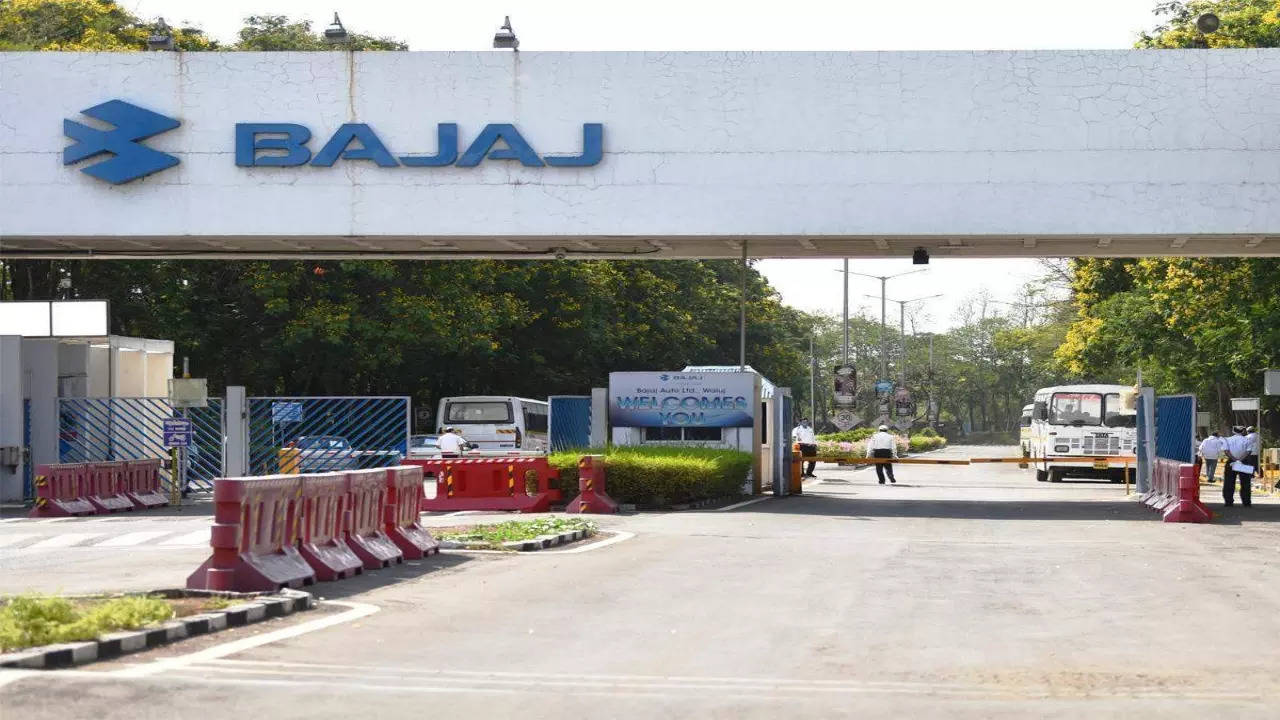
MUMBAI: Bajaj Auto Ltd on Wednesday said it will set up an electric vehicle manufacturing facility at Akurdi in Pune with an investment of Rs 300 crore. The facility, for which the work has already commenced, will have the capacity to produce 5,00,000 Electric Vehicles (EVs) per annum and cater to both domestic and exports markets, the company said in a release.
The first vehicle from the new unit, spread over half-a-million square feet space, is expected to be rolled out by June 2022. The unit will employ around 800 personnel.
Akurdi is the site of the original Chetak scooter factory.
"In 2001, Bajaj 2.0 took off on the roaring Pulsar, in 2021, Bajaj 3.0 arrived on the charming Chetak. Going forward, for the Bajaj portfolio, except for implementing one state-of-the-art ICE (Internal Combustion Engine) platform that is currently under development, all our R&D drive train resources are now laser focused on creating EV solutions for the future.
"This alignment reflects our belief that light electric vehicles for sustainable urban mobility is an idea whose time may finally have come," Rajiv Bajaj, Managing Director of Bajaj Auto, said.
He also said the investment at the Akurdi facility will complete the virtuous cycle of hi-tech R&D competencies, high-efficiency engineering capabilities, world class supply chain synergies, and global distribution network which should leapfrog the company into a market leading position in EVs in India and overseas.
The investments made by Bajaj Auto will be supplemented by a number of vendors, who will invest a further Rs 250 crore ($33 million), the company said.
The new unit will have cutting-edge robotic and automated manufacturing systems for everything, including logistics and material handling, fabrication and painting, assembly and quality assurance.
These systems have been designed for flexible product mix while keeping in mind the best worker ergonomics and maximum process efficiency, it said.
The unit at Akurdi is co-located with Bajaj Auto's state-of-the-art R&D centre to foster greater collaboration, leading to faster time-to-market and should transform the facility into a hub for design, development and manufacturing of a complete range of electric vehicles, according to the statement.







